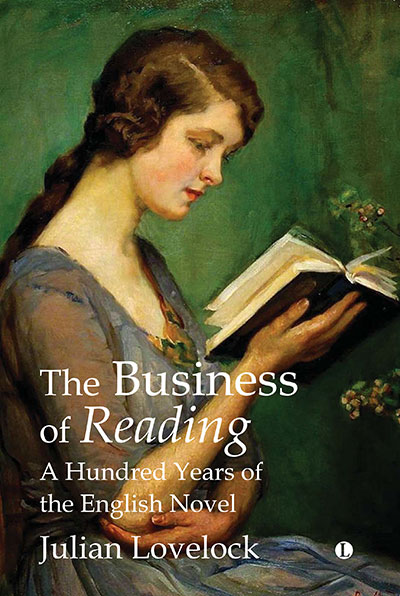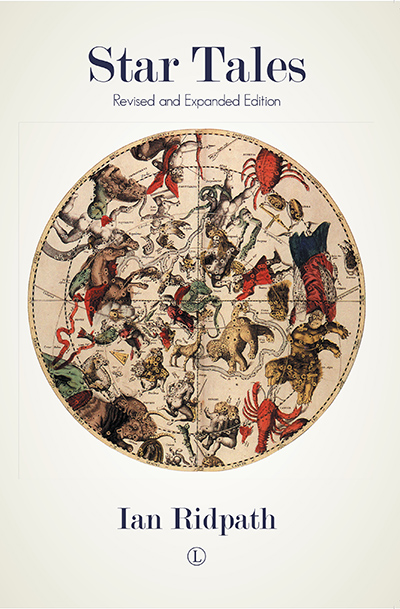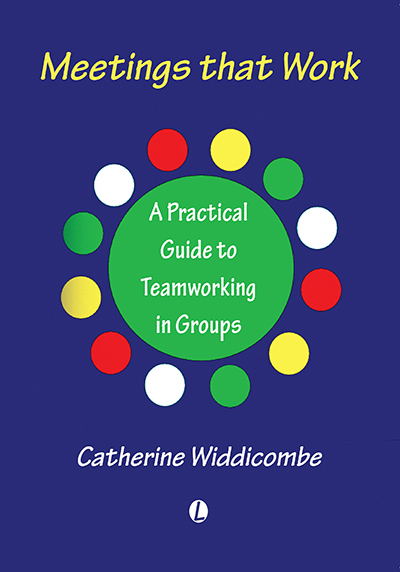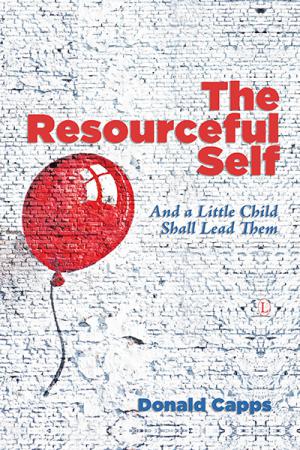Description
In The Business of Reading, Julian Lovelock charts the development of the English novel over the past hundred years. Smuggling in titles from Scotland, Ireland and the Caribbean, he focuses on twenty texts written since the end of the First World War, some well-known but others less so, placing them in their historical context. Novelists represented range from D.H. Lawrence, E.M. Forster and Virginia Woolf, through Graham Greene, Kingsley Amis and Iris Murdoch, to such contemporary writers as Ian McEwan, Maggie O’Farrell and Graham Swift.
Written in a lucid style that reflects his expertise and enthusiasm, Lovelock’s innovative selection, perceptive analysis and lightness of touch will appeal to the general reader, the book club member and the student. He argues that our response as readers is an important part of the creative process, and while he mainly avoids the critical ‘-isms’ that have characterised recent academic debate, he introduces such concepts as intertextuality, metafiction and the role of the often unreliable narrator, showing how an appreciation of the way the language of fiction works can only add to our understanding and enjoyment.
About the Author
Julian Lovelock has spent his life in education, as a teacher, headmaster and university lecturer. He is now a Senior Research Fellow in the Department of English at the University of Buckingham, where he was previously Dean of Arts and Languages and Pro Vice-Chancellor.
His many publications include Swallows, Amazons and Coots: A Reading of Arthur Ransome (2016) and From Morality to Mayhem: The Fall and Rise of the English School Story (2018), both published by the Lutterworth Press.
Contents
Referencing and Caveat Lector
Introduction: The Business of Reading
Part I: War and Peace, 1918-1939
1. Rebecca West, The Return of the Soldier (1918)
2. D.H. Lawrence, Lady Chatterley’s Lover (1928)
3. Evelyn Waugh, Decline and Fall (1927)
4. E.M. Forster, A Passage to India (1924)
5. Virginia Woolf, To the Lighthouse (1927)
Part II: Changing Times, 1939-1963
6. Graham Greene, The End of the Affair (1951)
7. Kingsley Amis, Lucky Jim (1954)
8. Sam Selvon, The Lonely Londoners (1956)
9. Iris Murdoch, The Bell (1958)
10. Muriel Spark, The Prime of Miss Jean Brodie (1961)
Part III: Intertextuality, Unreliable Narrators, Metafiction
11. Charlotte Brontë, Jane Eyre (1847)
12. Daphne du Maurier, Rebecca (1938)
13. Jean Rhys, Wide Sargasso Sea (1966)
14. Ian McEwan, Atonement (2001)
15. Michael Frayn, Spies (2002)
Part IV: Favourites, 1963-2020
16. Malcolm Bradbury, The History Man (1975)
17. Penelope Fitzgerald, Offshore (1979)
18. Susan Hill, Air and Angels (1991)
19. David Nicholls, Sweet Sorrow (2019)
20. Maggie O’Farrell, Hamnet (2020)
Afterword: Graham Swift, Here We Are (2020)
Select Bibliography
Acknowledgements
Index of Names
Endorsements and Reviews
A wonderfully engaging and lucid account of some of the finest novels of the last hundred years, this is the work of a highly perceptive and knowledgeable reader, writing – often brilliantly – for people who love books and who want to understand them and their context better. Recommended simultaneously to bookworms and bibliophiles, academics and all aficionados of modern and contemporary fiction.
John Drew, Professor of English Literature, University of Buckingham
An engaging trip through (mostly) the major British novels of the twentieth century, plus some overlooked classics. Lovelock’s readings are astute but never inaccessible, and his selections are canonical enough for the book to feel authoritative but idiosyncratic enough to be personable.
Tom Perrin, Professor of English, Huntingdon College, Montgomery, AL
The author’s enthusiasm and knowledge seeps through on every page and he weaves together connections between the texts which will help trigger many a pleasurable discussion about the business of reading. As with any attempt at categorisation and classification, the absences will arouse as much attention as the inclusions. But the author justifies his choices and puts forward compelling reasons for their inclusion.
D.H. Lawrence Society, April 2022
Julian Lovelock writes in an engaging way, and his opinions are always worth hearing. Beyond the twenty-one novels he considers in detail, Lovelock refers to and recommends a whole raft of other books. He is a clear, persuasive and humane writer, whose judgement on novels I came to trust. ‘I liked this, and so will you’ may be an impossible claim to make, but I’m willing to give Lovelock’s list a go.
Mike Hill, A Sort of Newsletter, May 2022






